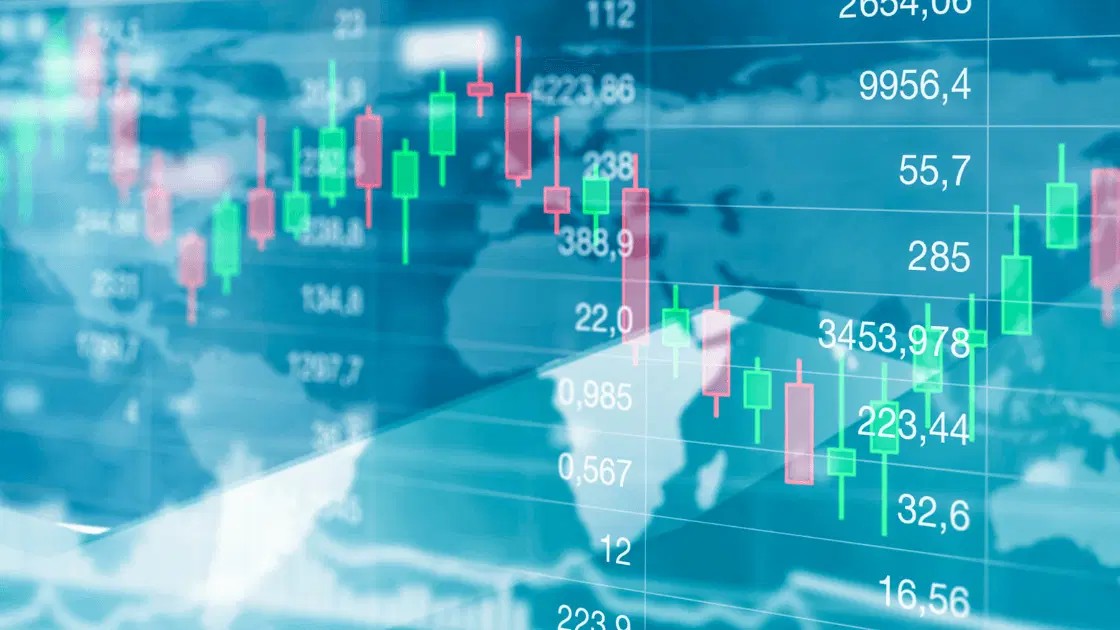
The Sensex, a benchmark index of the Bombay Stock Exchange (BSE), serves as a barometer for the overall performance of the Indian stock market. It is a reflection of market sentiments and the economic landscape, comprising 30 well-established companies representing diverse sectors. Understanding the factors influencing the Sensex is crucial for anyone involved in equity trading and for those who keep a close eye on the stock market live updates. Here’s a closer look at the primary drivers of Sensex movements.
1. Economic Indicators
Economic indicators such as GDP growth rates, inflation, and employment statistics play a pivotal role in shaping the Sensex. Positive growth indicators generally lead to bullish market trends, while negative data can cause a downturn. Investors monitor these metrics closely to predict market movements.
2. Corporate Earnings
The financial health of companies included in the Sensex has a direct impact on its value. Robust quarterly earnings reports typically lead to a rise in the index, as they reflect strong corporate performance. Conversely, weak results can weigh down the market.
3. Global Market Trends
Global markets significantly influence the Sensex due to the interconnected nature of today’s economy. Developments in international markets, such as the performance of the Dow Jones, FTSE, or Nikkei, often set the tone for Indian equity trading. For instance, a rally in global indices may boost investor confidence in the Indian markets.
4. Government Policies and Regulations
Policy announcements, including changes in taxation, fiscal spending, and foreign investment norms, can cause significant shifts in the Sensex. Reforms aimed at boosting economic growth are typically welcomed by investors, leading to an uptick in stock market live updates.
5. Interest Rates
The Reserve Bank of India (RBI) plays a critical role in influencing market movements through its monetary policy. Changes in interest rates affect borrowing costs, consumer spending, and business investments, thereby impacting equity trading. A cut in interest rates often acts as a catalyst for market growth.
6. Foreign Institutional Investments (FIIs)
The inflow or outflow of funds by Foreign Institutional Investors (FIIs) is another key determinant of the Sensex. FIIs often have significant holdings in Indian equities, and their trading decisions can lead to substantial market fluctuations.
7. Geopolitical Events
Geopolitical developments, such as elections, wars, or trade agreements, can cause volatility in the Sensex. For instance, during an election year, markets may experience uncertainty until the political landscape becomes clear.
8. Technological Advancements and Market Platforms
With the advent of advanced trading platforms like mStock by Mirae Asset, Zerodha, Groww, and Upstox, investors now have better tools to track and trade in the stock market live. These platforms provide real-time updates and insights, empowering traders to make informed decisions. The convenience and innovation offered by such platforms also influence market participation levels, thereby indirectly affecting the Sensex.
Conclusion
The Sensex is shaped by a variety of factors, ranging from domestic economic indicators to global events and technological advancements. For investors, keeping a finger on the pulse of these drivers is essential for successful equity trading. Monitoring the stock market live and leveraging advanced platforms like mStock, along with competitors such as Zerodha, Groww, and Upstox, can provide the edge needed to navigate the dynamic market landscape.
By understanding these factors, investors can better anticipate market trends and make informed decisions, ensuring their strategies align with the ever-evolving market conditions.




